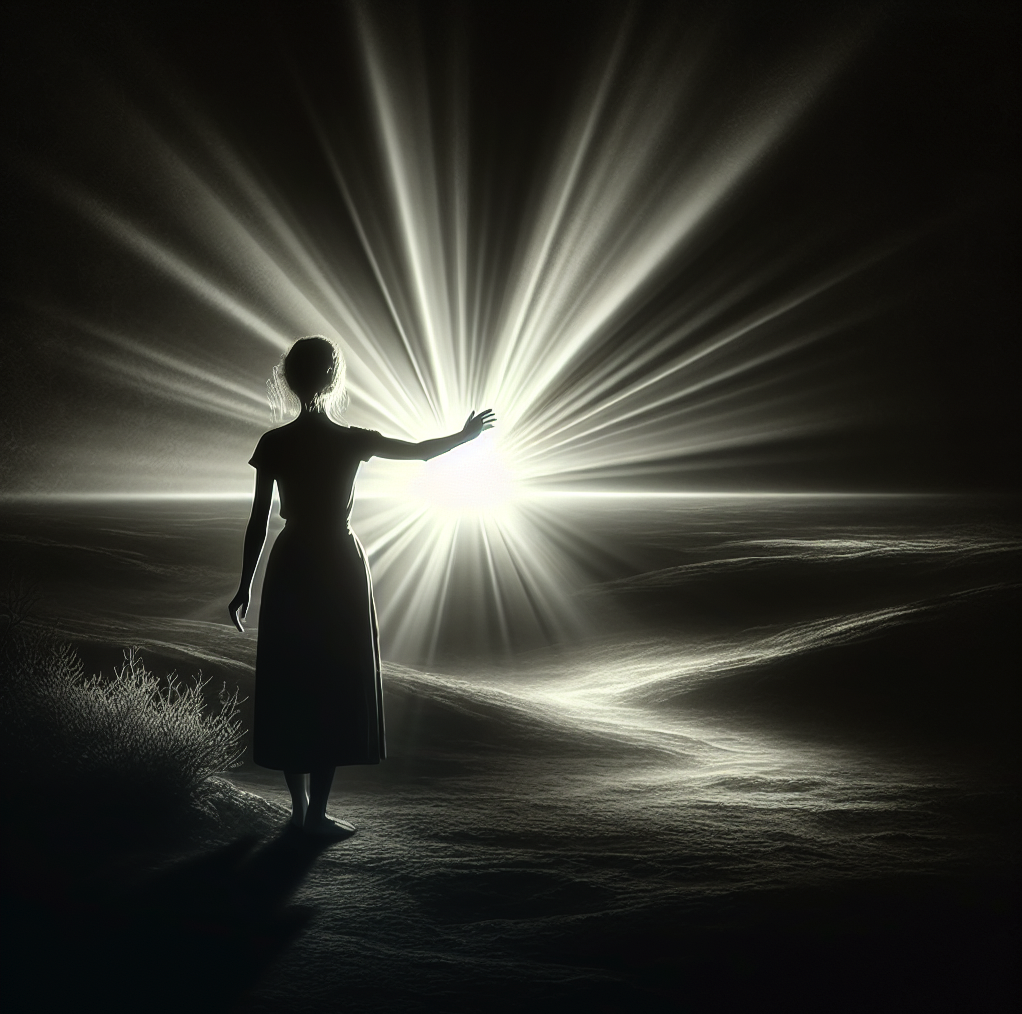In a world where sight and sound are the primary ways we connect with life, imagine being plunged into a silence so deep and a darkness so complete that the very essence of communication seems impossible. This was the reality that Helen Keller faced at just 19 months old when an illness left her both deaf and blind. Yet, from these depths, she emerged not as a figure of pity, but as a beacon of hope, resilience, and profound wisdom.
The Silent World
Born in 1880 in Tuscumbia, Alabama, Helen Keller was a healthy, curious child. But her life took a dramatic turn when she was struck by what doctors then described as ‘acute congestion of the stomach and brain’ — likely scarlet fever or meningitis. This illness robbed her of both her sight and hearing, plunging her into a world of isolation.
Without the ability to see or hear, Helen was trapped in a silent, dark world, unable to communicate with those around her. Her frustration grew as she struggled to make sense of her surroundings and her place within them. She became unruly, her behaviour marked by outbursts of anger and frustration, as she wrestled with the overwhelming loneliness that enveloped her.
A Ray of Hope
Helen’s life changed forever at the age of six when a young teacher named Anne Sullivan entered her world. Anne herself had been partially blind, and she understood the challenges Helen faced. She was determined to break through the barriers that confined Helen, and she did so with relentless patience and innovative teaching methods.
The breakthrough came when Anne spelt the word ‘water’ into Helen’s hand while running water over her other hand. At that moment, a connection was made in Helen’s brain — she realised that the movements Anne made corresponded to the liquid flowing over her skin. This was the key that unlocked the world for Helen. Suddenly, she understood that everything had a name, and she was eager to learn them all.
With Anne’s guidance, Helen’s thirst for knowledge became insatiable. She quickly mastered finger spelling, learning thousands of words and eventually how to read and write in Braille. But Helen was not content with just learning — she wanted to communicate with the world.
Finding Her Voice
Despite the challenges, Helen Keller became an extraordinary student. She was determined to prove that her disabilities would not define her. In 1904, she graduated from Radcliffe College, becoming the first deaf and blind person to earn a Bachelor of Arts degree. Her education opened up new worlds, allowing her to explore literature, philosophy, and history.
Helen’s achievements went beyond academics. She became an eloquent writer, using her words to inspire and advocate for others with disabilities. Her autobiography, The Story of My Life, published in 1903, became an instant success, touching the hearts of readers around the world. There, she detailed her journey from darkness to light, offering insight into the human spirit’s capacity for resilience.
Helen also became a renowned public speaker, travelling the world to share her experiences and promote social causes, including women’s suffrage, labour rights, and pacifism. Her voice, though it could not be heard, resonated deeply with all who encountered her words.
A Legacy of Inspiration
Helen Keller’s life was a testament to the idea that the human spirit can overcome even the most daunting obstacles. She transformed her disabilities into her greatest strengths, using them to connect with others and bring about change. Her story continues to inspire millions, reminding us that no matter how difficult our circumstances are, we have the power to rise above them.
Her relationship with Anne Sullivan remains one of the most extraordinary examples of mentorship and friendship in history. Together, they showed the world that with determination, creativity, and love, the impossible could become possible.
Today, Helen Keller’s legacy lives on, not only through her writings but also through the countless lives she touched with her courage and advocacy. She proved that limitations are often self-imposed and that with perseverance, we can break through the barriers that hold us back. Her life is a shining example of what can be achieved when we refuse to let our circumstances define us.
Helen Keller’s story is not just one of overcoming disability — it’s a story of the triumph of the human spirit. She lit a path for others to follow, showing that in the darkest of times, there is always a way to find the light.



